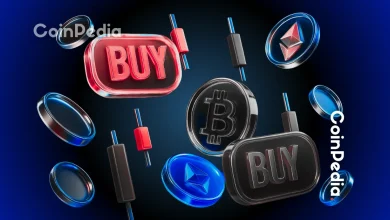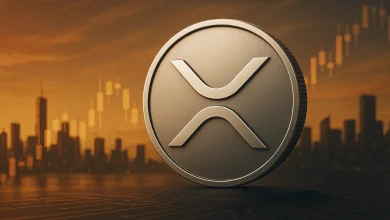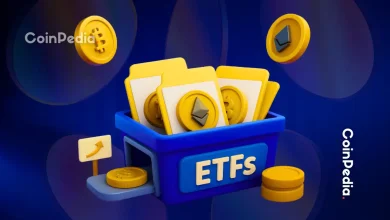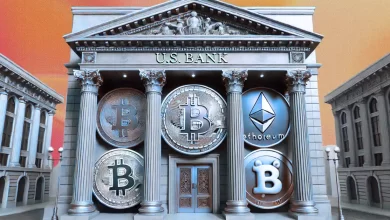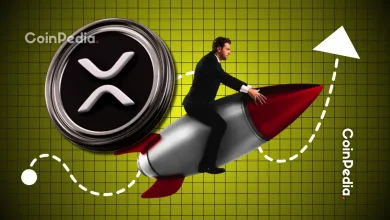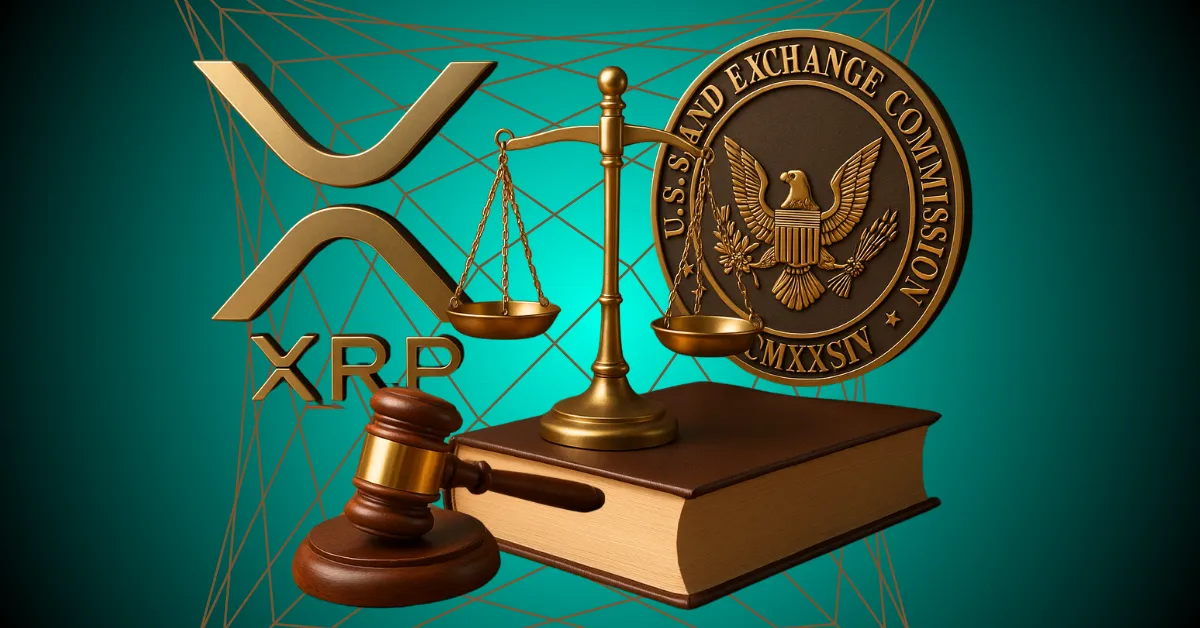
Judge Torres denied Ripple-SEC’s joint motion, stating that legal judgments cannot be bypassed.
Ripple wanted $125M penalty reduced and injunction removed—but court didn’t approve request.
The judge cited Ripple’s past misconduct, saying investor protection still remains a top priority.
Meanwhile, Ripple and SEC teaming up raised community concerns about hidden motives or future plans.
Judge Analisa Torres has denied a joint motion filed by Ripple and the SEC — a move that’s now triggering deep conversations across the XRP community. Despite both parties seemingly on the same page for once, the court made it clear—there are no shortcuts when it comes to justice.
Let’s break down what happened and why the judge blocked their attempt to move forward quietly.
Ripple SEC Joint Motion Denied
Ripple and the SEC, who have battled in court for years over XRP’s legal status, recently teamed up to ask Judge Torres to approve two key changes to their case: first remove the long-standing injunction, and second reduce Ripple’s penalty from $125 million down to $50 million.
While the request came as a surprise to many, it was seen as a joint attempt to wrap things up early and cleanly.
However, the judge wasn’t on board. She denied the request, stating that she cannot comment on or undo any part of the final judgment while the appeal is still active
In essence, she made it clear, “You don’t get to erase a final judgment just because you’re now friends.”
Why Judge Torres Said No
Ripple and the SEC tried using a rarely granted legal option under Rule 60(b)(6), which allows for changes to a final judgment in extraordinary cases. But Judge Torres rejected this, pointing to Ripple’s earlier behavior—deliberate violations of securities laws, continued misconduct, and a lack of accountability.
In her words, Ripple had shown no convincing sign of changing, and the existing injunction was still necessary to protect investors.
She made it clear, no shortcuts will be allowed while the case is still on appeal.
- Also Read :
- Why Is XRP Price Down Today?
- ,
Quoting a past U.S. Supreme Court decision, Judge Torres reminded both parties that a final court ruling belongs to the legal system, not just those involved. Courts are not tools for convenience, and legal decisions cannot be quietly erased even when both sides want to move on.
Speculation Over Ripple SEC Allies?
XRP supporters raise a bigger question: Why did Ripple and the SEC suddenly act like allies? Some believe both parties are preparing for something bigger—possibly a major shift in how digital assets will be used globally.
With stablecoins launching, central bank digital currencies emerging, and even XRP ETF applications underway in Canada and Asia, the timing of this legal pushback feels significant.
With the motion denied, the judge’s message is clear: settlements must happen in the open, and legal shortcuts won’t be tolerated.
Never Miss a Beat in the Crypto World!
Stay ahead with breaking news, expert analysis, and real-time updates on the latest trends in Bitcoin, altcoins, DeFi, NFTs, and more.
FAQs
Judge Torres denied the motion because a final court judgment cannot be reversed or altered via private settlement while an appeal is active. She also cited Ripple’s prior violations and lack of demonstrated change.
The denial means Ripple must either proceed with its appeal of the injunction (and the $125M penalty) or withdraw it, thereby accepting the judge’s existing rulings. It closes the door on a swift, private settlement to alter the final judgment.
Yes, this ruling sets a precedent that courts may not easily allow private settlements to override final judgments, especially where public interest and investor protection are concerned. It signals that regulators and firms must engage through proper legal channels, like appeals, to challenge or alter final court decisions.
Trust with CoinPedia:
CoinPedia has been delivering accurate and timely cryptocurrency and blockchain updates since 2017. All content is created by our expert panel of analysts and journalists, following strict Editorial Guidelines based on E-E-A-T (Experience, Expertise, Authoritativeness, Trustworthiness). Every article is fact-checked against reputable sources to ensure accuracy, transparency, and reliability. Our review policy guarantees unbiased evaluations when recommending exchanges, platforms, or tools. We strive to provide timely updates about everything crypto & blockchain, right from startups to industry majors.
Investment Disclaimer:
All opinions and insights shared represent the author's own views on current market conditions. Please do your own research before making investment decisions. Neither the writer nor the publication assumes responsibility for your financial choices.
Sponsored and Advertisements:
Sponsored content and affiliate links may appear on our site. Advertisements are marked clearly, and our editorial content remains entirely independent from our ad partners.

